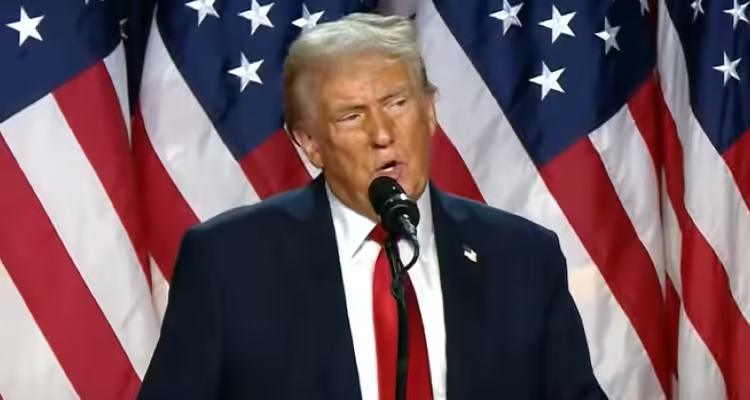
Calls for Revival of G8 and Possible G9 Amid Controversial Justifications for Russia’s Past Aggressions
In a provocative move that has stirred international attention, former U.S. President Donald Trump has called for the expansion of the G7 to include Russia—and possibly even China—effectively reviving the G8 and opening the door to a future “G9.”
While speaking during the G7 Summit held in Canada’s Kananaskis, Trump expressed his desire to reintegrate Russia into the bloc, arguing that the exclusion of Moscow was a strategic error that paved the way for ongoing conflict in Ukraine.
“The G7 used to be the G8,” Trump said. “Barack Obama and a person named Trudeau didn’t want Russia in. That was a mistake. If Russia were in, there wouldn’t be a war today. And if Trump were president, there definitely wouldn’t be one.”
However, Trump’s statement was riddled with historical inaccuracies and contradictions. Justin Trudeau only assumed office as Canada’s Prime Minister in 2015, a full year after Russia was expelled from the G8 in 2014 following its annexation of Crimea. Notably, Russia invaded Ukraine while it was a member of the G8—leading directly to its removal.
Despite these factual lapses, Trump doubled down, suggesting that Russian President Vladimir Putin felt personally insulted by the expulsion. “He was very insulted when he got thrown out of the G8,” Trump said. “As I would be, as anyone would be.”
Adding fuel to the diplomatic fire, Trump also floated the idea of welcoming China into the bloc, a suggestion that runs counter to Washington’s current stance identifying Beijing as a strategic competitor. “It’s not a bad idea,” Trump noted. “You want to have people that you can talk to.”
G7, G8, and the Changing Geopolitical Chessboard
The G7—comprising the U.S., U.K., Canada, France, Germany, Italy, and Japan—was formed in 1975 to coordinate economic policy among the world’s most advanced democracies. Russia joined in 1997, making it the G8, but was suspended in 2014 over its aggression in Ukraine.
China, although an economic powerhouse, has never been part of the bloc due to its political structure and divergent policy stances on global governance, democracy, and human rights.
Trump’s remarks reflect a return to his familiar “America First” rhetoric and realpolitik worldview, where engaging rivals like Russia and China is seen as a pathway to peace, rather than isolation or deterrence.
Global Reaction and Political Implications
Trump’s comments have reignited debates over the future of global governance and whether traditional alliances are equipped to handle today’s complex geopolitical realities. Critics argue that re-inviting autocratic regimes into the fold without accountability undermines the very principles the G7 was founded upon.
The timing is particularly significant, as Trump gears up for a potential return to the White House in 2025. His views could reshape U.S. foreign policy once again, especially if he manages to secure a second term.




